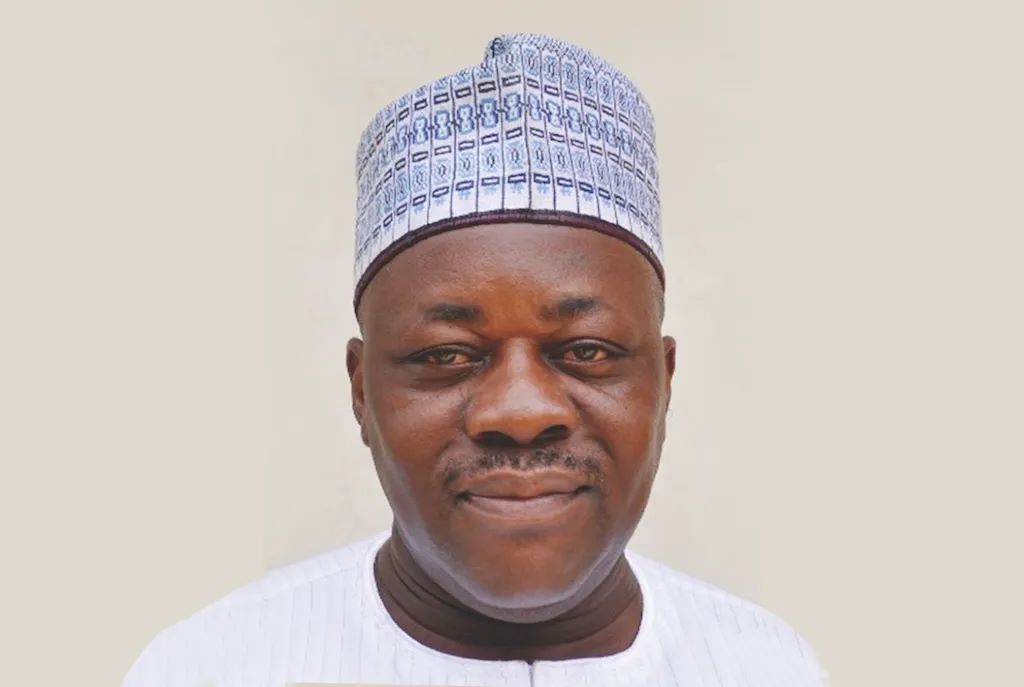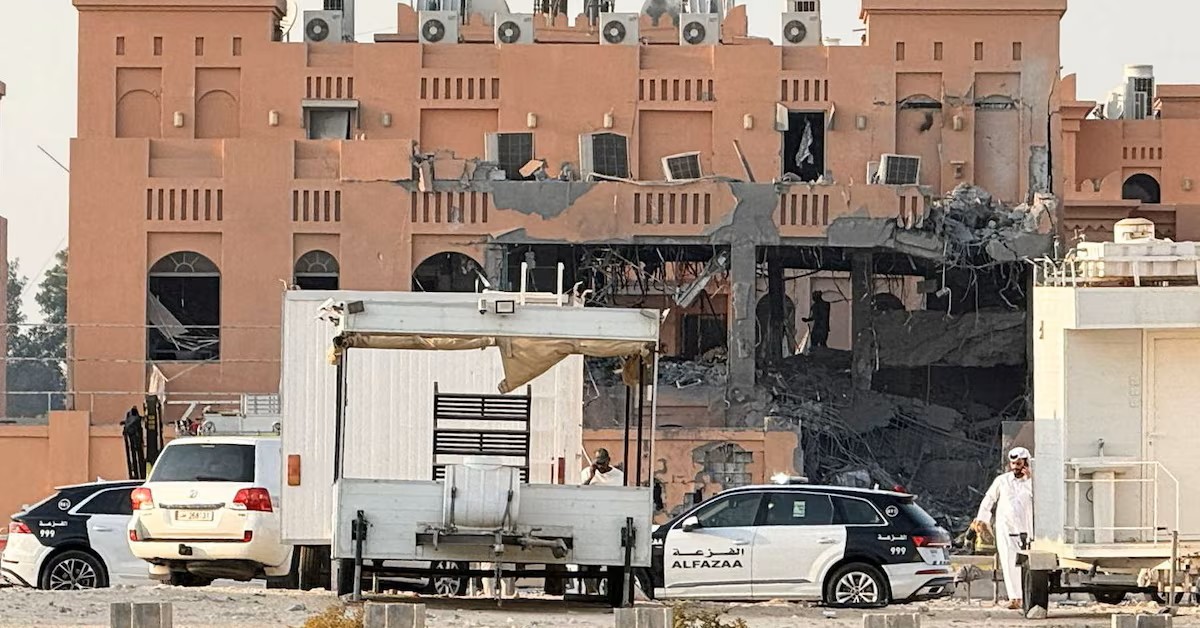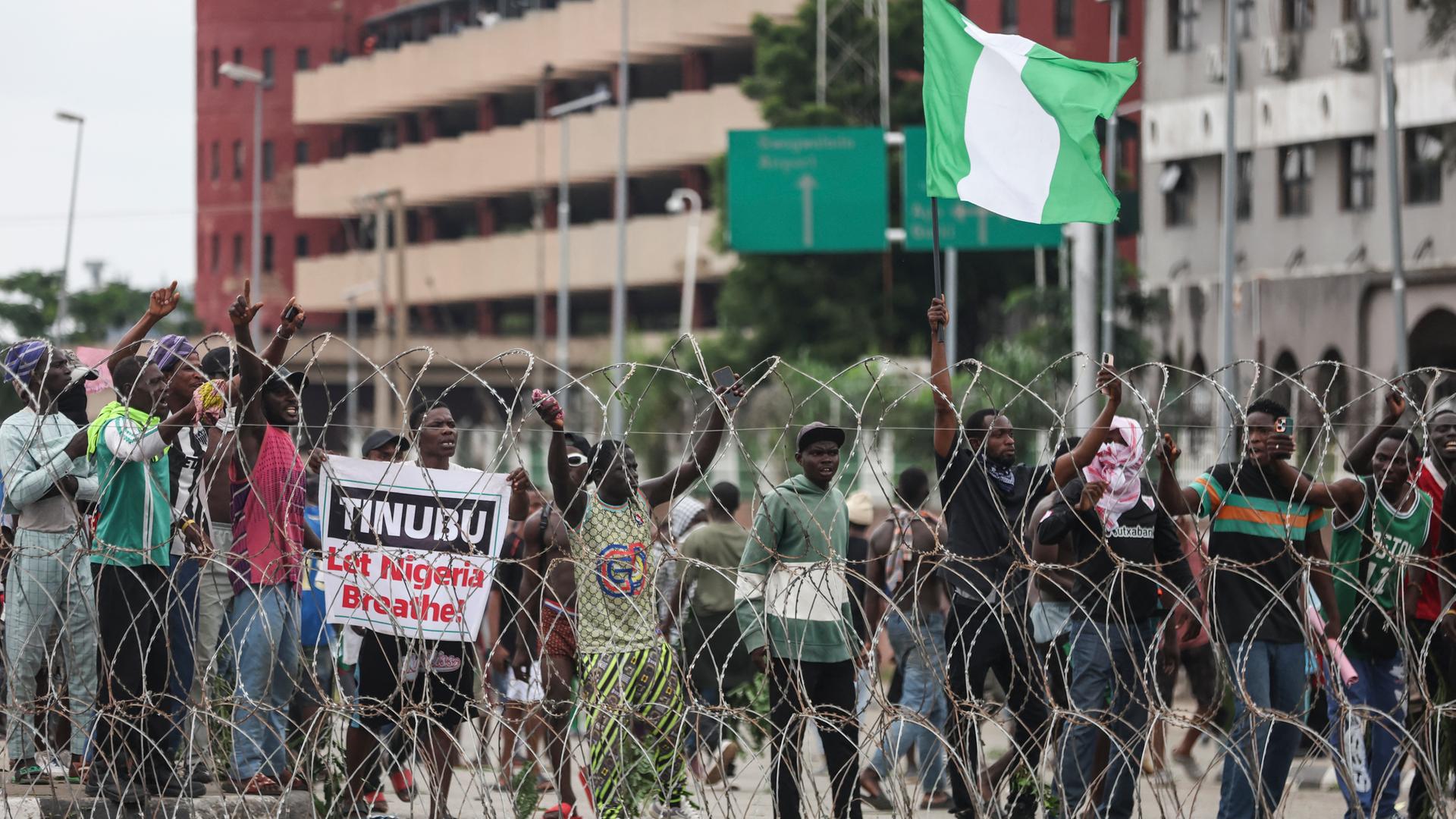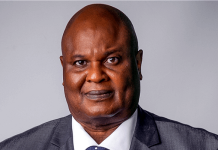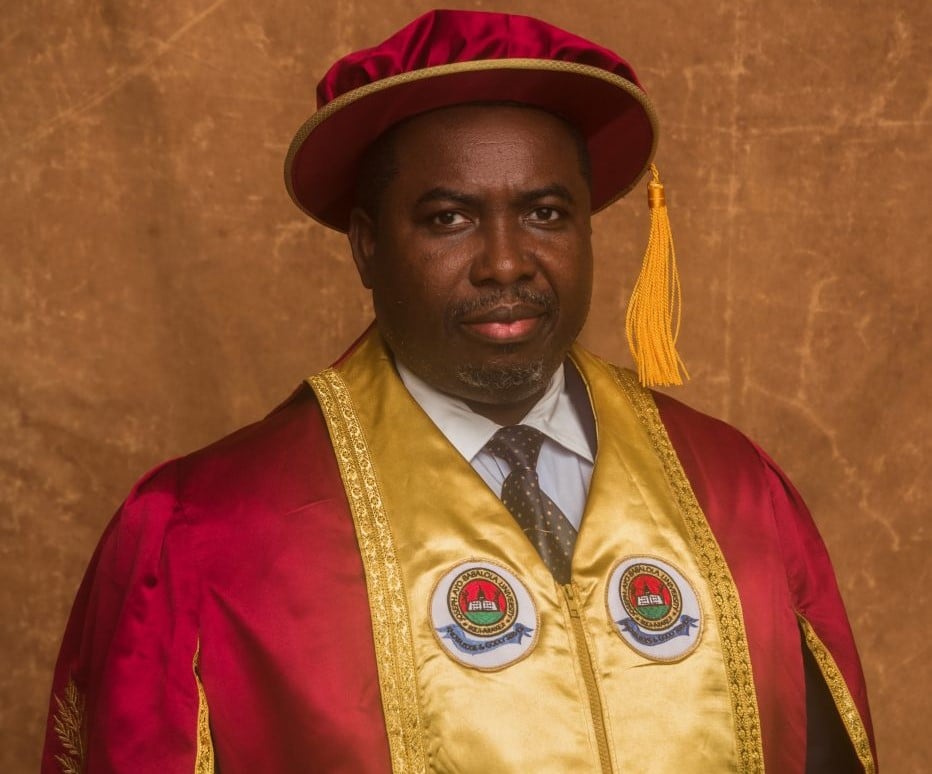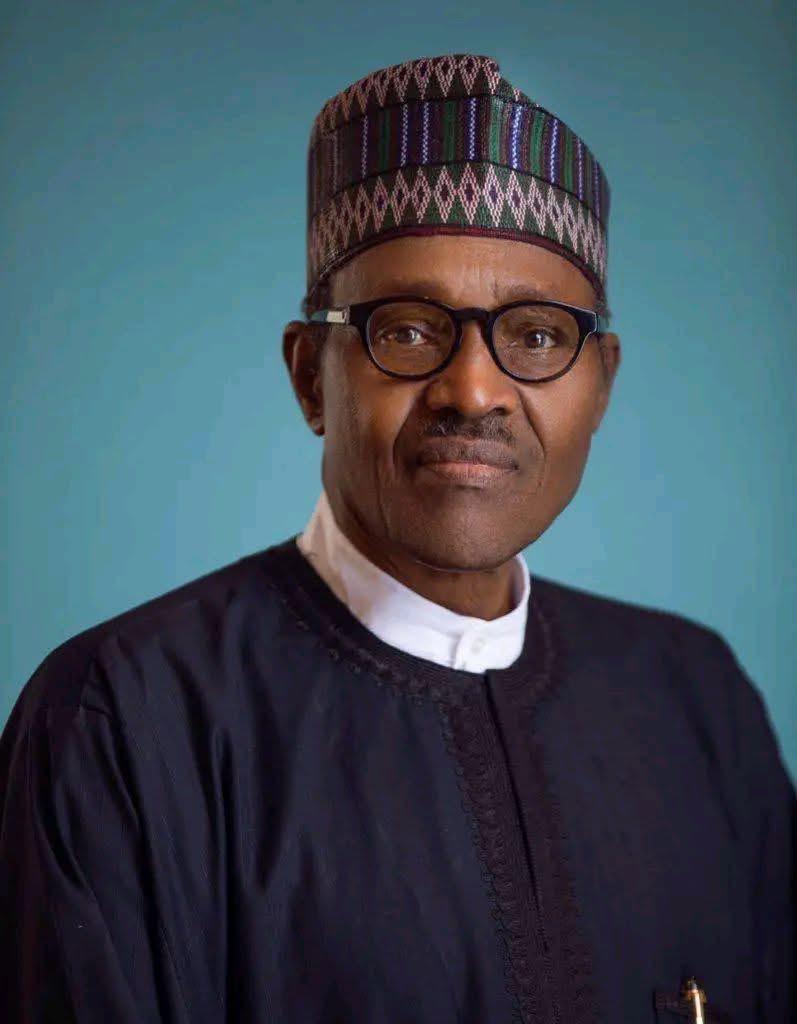Last week, the Zamfara terrorism kingpin, Bello Turji, released 32 kidnapped persons and agreed to stop attacking farmers following a series of meetings with some Islamic clerics in his hideout. This was disclosed by Musa Yusuf, a cleric popularly known as Asadus-Sunnah, who disclosed the development at a religious gathering on Monday in Kaduna.
Terrorist Turji was also reported to have surrendered some of his arms after the meeting. The freed persons, including children and women, had spent about four months in captivity. Some of the women gave birth in captivity, while one suffered a snake bite. Yusuf said the clerics were still trying to persuade Turji to accept total peace, but they did not ask him to surrender all his arms so as not to make him vulnerable to attack by other groups opposed to the peace process in the state.
The cleric commended President Bola Tinubu, the National Security Adviser (NSA), Nuhu Ribadu, the Governor of Zamfara State, Dauda Lawal, and Senator Shehu Buba for supporting a non-kinetic approach in addressing the security challenges of the area. Clearly therefore, the process is sanctioned by the Nigerian State.
In January of this year, the Nigerian military reported the elimination of Aminu Kanawa, identified as the deputy to Turji, along with Kanawa’s son. According to an army spokesperson, several senior commanders associated with Turji—including Abu Dan Shehu, Jabbi Dogo, Dan Kane, Basiru Yellow, Kabiru Gebe, Bello Buba, and Dan Inna Kahon-Saniya-Yafi-Bahaushe—were also killed during the operations. Additionally, security forces reportedly neutralized over 24 individuals described as fleeing terrorists from Turji’s camp in the Gebe and Isa Local Government Areas of Sokoto State, as well as the Gidan Rijiya area in Shinkafi Local Government Area of Zamfara. These developments indicate that TerroristTurji and his associates have been operating under substantial pressure for some time, which may explain recent attempts at reconciliation attributed to a need for recovery.
It has happened repeatedly over the past few years. When the terrorists are under severe pressure from the security agencies, they offer to negotiate and talk peace. They do not forget to demand and secure a financial package for agreeing to peace. They use the period of the truce to recover, buy new arms from the vast amounts of money they have been extorting from the people and when they feel strong again, they resume their atrocities against the security forces and innocent civilians.
It may be beneficial for the Nigerian State and its citizens to consider different approaches to achieving lasting peace. Peace agreements made when armed groups are experiencing difficulties, which could potentially provide them with opportunities to regroup or reinforce their positions, may not contribute effectively to sustainable peace.
The State must also consider what the people feel. These terrorists kill people, burn down their villages, rape women and girls, kidnap people and keep them for months while their relations sell their property, land, animals to raise money for ransom. The atrocities committed by these terrorists are destroying communities, dehumanising people, impoverishing them and creating millions of internally displaced people living in hardship and squalor. Are these victims consulted when these peace negotiations are conducted?
It is my perspective that the perceived ability of terrorists to destabilise the country does not necessarily reflect their own power, but rather highlights deficiencies within the State and society in Nigeria. The ongoing insurgency underscores significant issues related to public corruption. In instances where the government has chosen to negotiate financially with terrorist groups, it is often alleged that certain officials have misappropriated those funds. There have been reports indicating that some government representatives diverted resources intended for such payments, as evidenced by complaints from the groups involved.
If religious radicalism found it easy to organise an insurgency against the State, is it not because religious education and authority had broken down within society? If young Nigerians feel justified in procuring arms and using them against State and society, is it not because of the breakdown of the social contract and the collapse of moral authority as mass poverty and penury on the one hand sees illegitimate wealth accumulated and displayed in a vulgar manner on the other side?
The danger is that it has now been almost two decades of perpetrating atrocities against innocent civilians and we are losing our humanity. Human beings are often slaughtered like rams. Bombs are attached to small girls sent to bomb people in their places of worship. Girls are kidnapped and their parents told they would be raped daily until they pay ransom. This type of behaviour is destroying our civilisation in a very profound manner and is creating a new social order in which the Kalashnikov is king and the new god is money obtained without hard work, ethics or morals. What would be the future for our society?
As our society and values disintegrate, we begin to lose our intellectual capacity to understand what is happening. We become ready to believe absurdities that one group – the evil Fulani – are responsible for all our woes as if there is an ethnic group in Nigeria without its own share of bandits and killers.
It was Voltaire, the French philosopher who made the point that “those who can make you believe absurdities, can make you commit atrocities.” It is indeed the case that so many among our youth have turned their back on the religious education and socialisation they received from their parents and have been trained to commit mass atrocities.
There are objective reasons why terrorists engage in mass atrocities. First, they create fear among the people and the forces they are confronting by making them believe that the outcome of engagement would be terrible suffering and painful death. Secondly, the terrorists who have committed atrocities break the bond with their society, and in this case, their religious group to which they know they cannot return and become bonded with the terrorist group.
The terrorists then become more lucid than the rest of society and start running rings around us. Boko Haram, for example, learnt to commit atrocities against different categories to achieve specific objectives. They attack and kill Christians to encourage the emergence of confessional war with Islam that would divert energies and emotions to make the attainment of their own political objectives easier. They attack Islamic scholars who criticise them so that the absurdities of their belief would not be exposed to their members. They attack Muslims praying in mosques to convince their members that other Muslims are not real Muslims and deserve death. They attack schools, teachers and learning to block the development of critical thinking while promoting obscurantism. They attack traditional rulers who are also religious leaders to legitimise their own religious authority as the only valid one. They attack public servants and security agencies as part of their deconstruction and destruction of the State as we know it.
Precisely because they are pursuing multiple objectives that are not only military and political but are also ideological, religious, social and familial, it is important that the response to their actions should also be multiple and emanate from various sources. They remain many steps ahead of the State in their strategies.
Terrorists are now home grown in all our communities and the profession has clearly become an equal opportunities practice. It is easy to justify when parallels are drawn with Nigeria’s official governing class. Which Nigerian is not aware that many governors, senators, etc. have a life history of criminality, drug dealing or financial crimes? As the two sides of the coin are compared by ordinary Nigerians, they see an extreme case of the absence of integrity and moral standing on both sides. No one is on the side of legitimacy and the public good. There are no good examples to point to.
As this happens, most Nigerians revert into deeper and more devoted religious practice to save their own personal souls. As for the politicians, bandits and terrorists, they have signed their pact with the devil and decided their paradise will be here not the hereafter. If and when we develop philosophy, which we have never done in our history so far, we will see that this bifurcation between the good who will go to heaven and the bad who will turn the earth into their heaven is what is leading us all to perdition as much of our clergy is actually on the other side.
JIBRIN IBRAHIM, Professor of Political Science, is one of Africa’s foremost intellectuals. He lives in Abuja, Nigeria.


